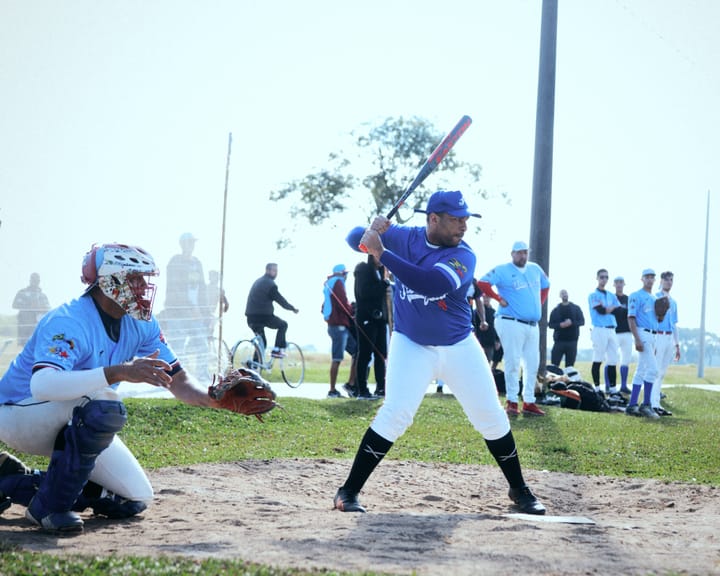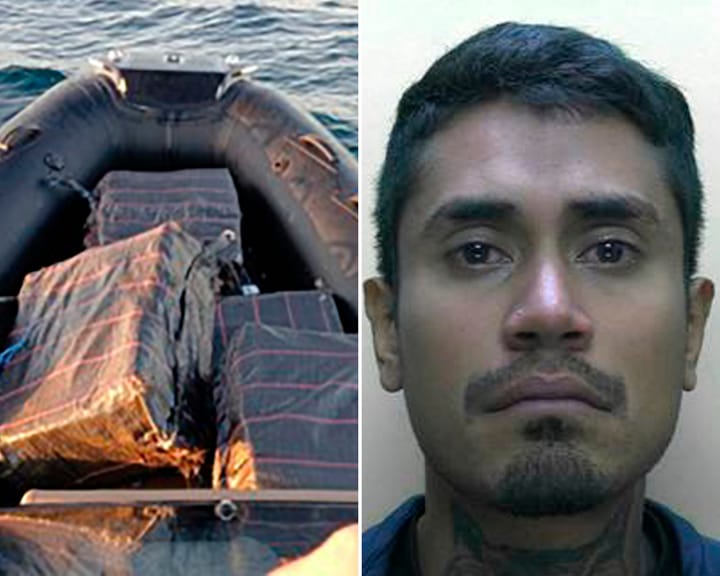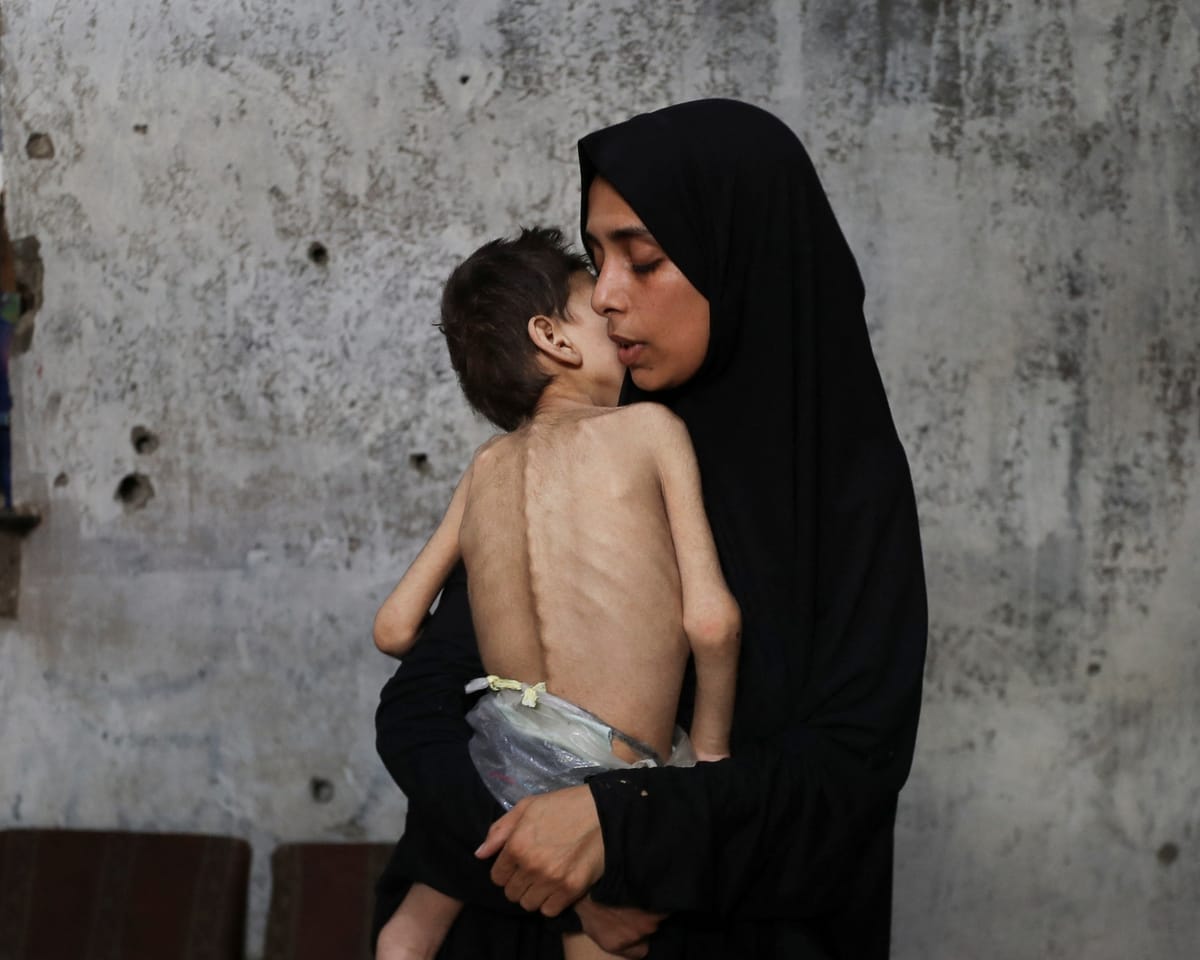Gaza Faces Deepening Famine as Hunger Takes Hold
The people of Gaza did not require this week’s official confirmation from hunger experts backed by the UN that the territory is experiencing the "worst-case scenario of famine." For months, families have watched helplessly as their children grow weaker.
“All my children have lost nearly half their weight,” said Jamil Mughari, 38, from Maghazi in central Gaza. “My five-year-old daughter now weighs just 11kg. My son Mohammad is barely more than skin and bones. All of them are the same.”
“I used to weigh 85kg—now I’m down to 55.”
Gathering enough strength to search for food has become a daily struggle. “Sometimes, walking in the street, I feel dizzy, like I might collapse, but I force myself to keep going. My body shakes at times,” he admitted.
This week, Gaza reached two devastating milestones. The official Palestinian death toll surpassed 60,000, though the true number, accounting for those buried under rubble from strikes, is likely much higher.
Starvation has now joined bombardment as a leading cause of death. On Tuesday, the Integrated Food Security Phase Classification (IPC), a group of experts from the UN and aid agencies, confirmed famine had taken hold.
“The worst-case scenario is unfolding in Gaza,” stated the IPC, urging an immediate ceasefire to halt further suffering.
With 2.2 million residents, Gaza’s people are no strangers to hunger, but the near-total restriction on aid has made daily survival a desperate challenge.
“Flour disappears for weeks. Some days, our only meal is lentils—other times, nothing. We drink water just to fill our stomachs,” Mughari said.
His family has fled seven times due to military actions, yet hunger follows them everywhere.
“Donations or kind strangers sometimes give us lentils, or we borrow money to buy them. That’s all,” he explained. “Soup kitchens provide little, and only to certain areas.”
“Reports claim aid is arriving, but armed groups take it and sell at outrageous prices. How can the poor afford it?”
Food distribution sites run by the Gaza Humanitarian Foundation open briefly each day, drawing enormous crowds. Many have been struck while seeking aid, resulting in heavy casualties.
Mansoura Fadl al-Helou, 58, is too weak to reach distribution points and refuses to let her son risk the journey.
Read next

"Softball booms in Brazilian city as Cuban migrants surpass Venezuelans for the first time"
Roberto Hernández Tello, 59, originally from Camagüey, Cuba, had hoped to reach the United States for a better future. But due to stricter immigration policies under the previous U.S. administration, he found himself in Curitiba, southern Brazil, thousands of miles from home.
Like him, many Cubans have recently arrived

"Public asked to aid in catching drug gangs using 'mother ships' near UK shores"
Police Ask Coastal Residents to Aid in Combating Drug Smuggling
Authorities have called on residents of coastal areas in the UK to assist in disrupting criminal groups that are employing increasingly creative tactics to bring large amounts of cocaine into the country.
Officials have noted a rise in “at-sea drop-offs”

"Germany's historic largest gay nightclub files for bankruptcy"
Germany’s longest-running and largest LGBTQ+ dance venue has filed for bankruptcy after operating for nearly 50 years, succumbing to financial pressures and shifting trends in Berlin’s nightlife.
Internal challenges and the rise of dating apps contributed to SchwuZ’s difficulties over the past year. In May, the venue

